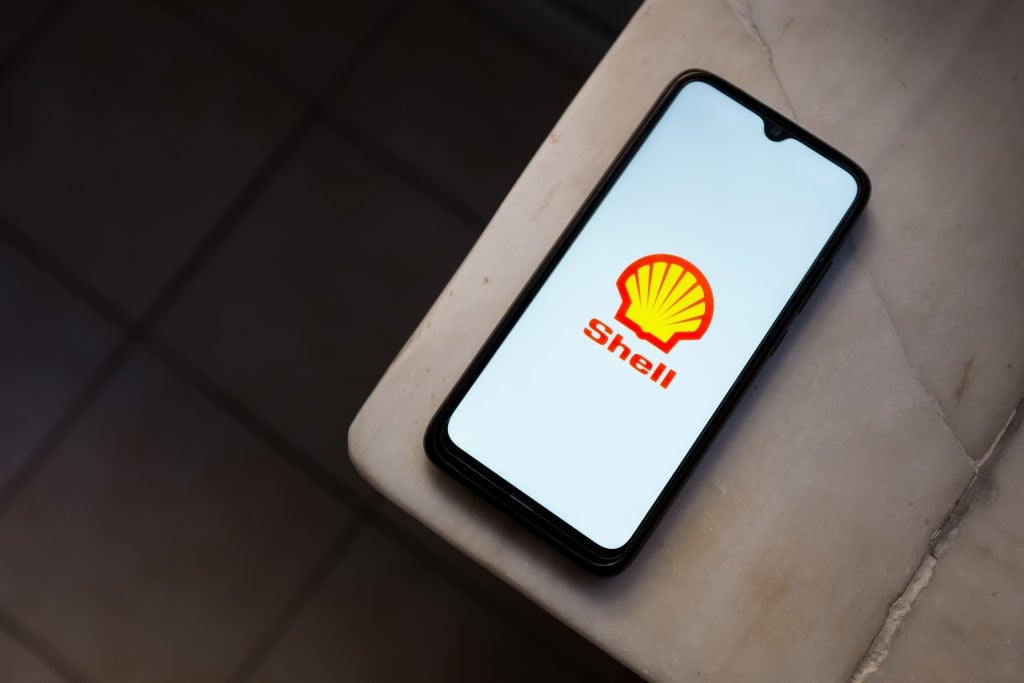
Nicholas Cocobris/NurPhoto via Getty Images
Shell has agreed to sell its refining and chemical assets in Singapore to a joint venture between commodity trader Glencore and Indonesia's PT Chandra Asri Pacific.
As part of the deal, Shell will transfer its entire interest in Shell Energy and Chemicals Park Singapore, comprising refining and chemical assets on Bukom and Jurong islands, to the joint venture, it said in a statement on Wednesday. This confirmed last week's Bloomberg News report.
Financial details of the deal were not disclosed, but officials said the deal could be worth about $1 billion. Jefferies said he expects the deal value to be lower, between $300 million and $500 million.
Read | Shell's exit from SA is 'not surprising' as companies seek return on investment, says expert
“The lack of disclosure of the financial consideration associated with the acquisition suggests that the proceeds should be limited,” Jefferies analyst Giacomo Romeo said in a note.
The plant, located on Bukom Island, opened in 1961 and was Singapore's first refinery. Shell opened a factory just before the country's independence, and the location developed in tandem with the city-state as it became one of the most important commodity trading centers in the world. The oil major said it remains committed to Singapore as a regional base for its marketing and trading operations.
Read | Shell is also withdrawing from other countries and many foreign companies want a piece of SA, Patel says.
Shell's Singapore assets include a refinery capable of processing 237,000 barrels of oil per day, a facility on Jurong Island that produces monoethylene glycol, and an ethylene plant on Bukom Island.
After years of huge profits, the world's top commodity traders such as Glencore and Vitol Group are investing in downstream assets to expand their businesses. Glencore reported core profits of $17.1 billion last year. That's half the number it posted in 2022, but it's still one of its highest revenues ever.
Last year, Shell began a review of its energy and chemical assets on Bukom and Jurong islands after canceling plans to convert them into biofuel plants as part of an initial effort to meet emissions targets. Wood Mackenzie analysts said in a September report that the company's Bukom facility is “the weakest integrated refinery and petrochemical facility” in the company's portfolio. Previously, a number of companies, including Chinese state-owned Sinopec, had toured the storied refinery.

